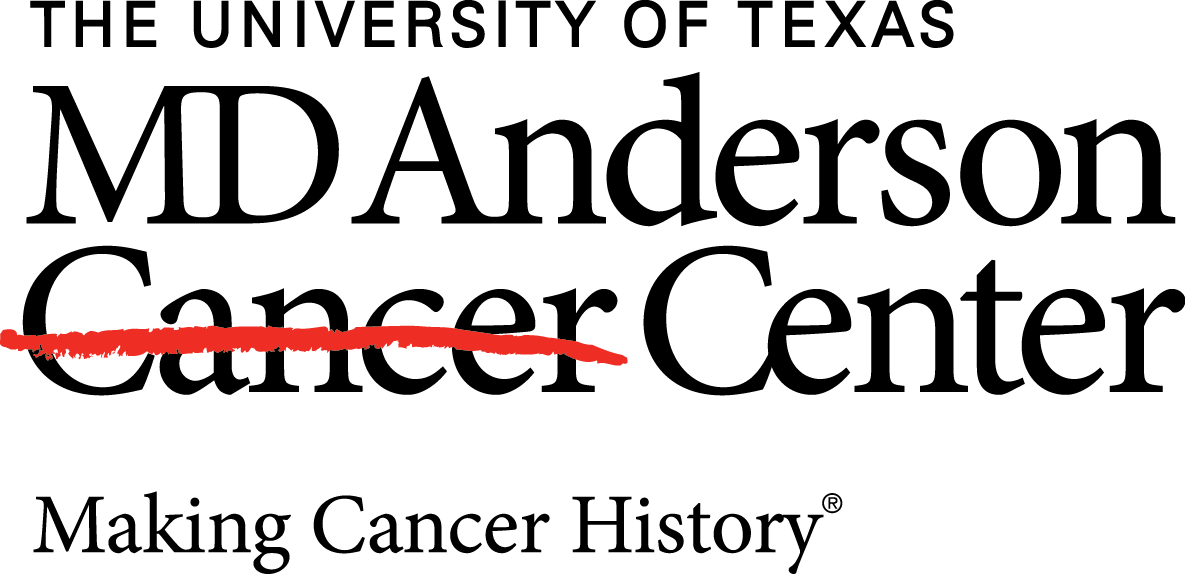
Survivorship Anxiety: What Comes After Cancer Treatment

CURE spoke with an expert about specific psychological concerns faced by cancer survivors.
Among individuals who receive a cancer diagnosis, entering into the survivorship period can be one of the most psychologically trying times of their treatment journey, Catherine Powers-James, who holds a postdoctorate in Clinical Health Psychology and Behavioral Medicine, explained in an interview with CURE.
“When people are done with treatment, some people are ringing the bell, and it has this catchy lingo about how the treatment’s done, and how ‘I can go and live my life, yay.’ However, a lot of patients talk to me about how it's one of the most anxiety-provoking times, because they feel that they are no longer actively fighting the cancer and that they are just waiting around, watching to see if it returns,” Powers-James, a health psychologist at the Department of Palliative, Rehabilitation and Integrative Medicine, in the Division of Cancer Medicine, at The University of Texas MD Anderson Cancer Center, in Houston, explained in the interview.
Powers-James, who is, herself, a cancer survivor, spoke with CURE about the particular psychological concerns that may be faced during cancer survivorship.
Transcript
What are some of the unique psychological concerns that are faced by survivors of cancer?
I feel that not as many people discuss survivorship, especially the initial transition into it. However, I see time and time again that while going through treatment and receiving a diagnosis is anxiety-provoking, what I have noticed is that for a lot of patients, the period after treatment is one of the most anxiety-provoking times. Some people are ringing the bell with the catchy lingo of "treatment's done, I can go live my life, yay!" But many patients have told me they feel they are no longer actively fighting the cancer and are just waiting around to see if it returns.
They also note that their support system tends to go away. It's not in a bad way, it's not like they completely disappear, but they're no longer the main focus, and they don't have the same type of support they had during treatment. I also hear patients talk about how everyone, especially those in their lives who have not had cancer, expects them to return to the person they were before. But they don't even know who they are anymore, because cancer often rocks your world and makes you look at yourself differently.
What I've noticed is that entering survivorship brings a lot of anxiety: Will the cancer return? What should I be doing? There is also a lot of self-reflection about trying to figure out what you want the rest of your life to look like. Interestingly, I think a lot of people who have not had cancer think that it's all good feelings, celebrations, and moving forward. But in actuality, not everyone, but a lot of people, talk about how it's one of the harder parts of their cancer experience psychologically.
Transcript has been edited for clarity and conciseness.
For more news on cancer updates, research and education,




